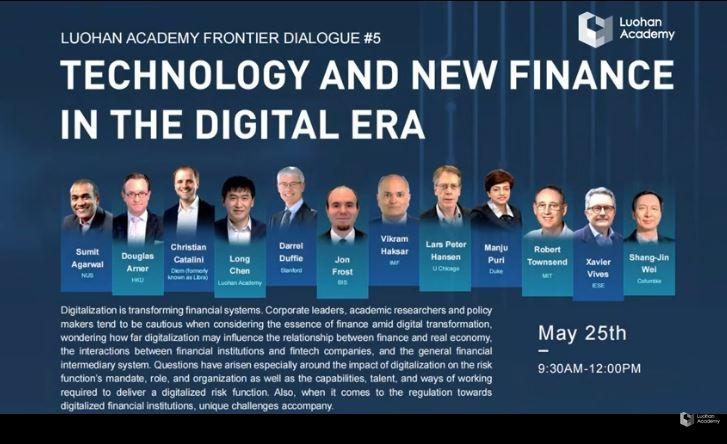How household shocks ripple through local business networks: Evidence from Thailand
January 4, 2022
It is well-known that risk-sharing networks can smooth shocks, but local production networks can also propagate shocks; policy should consider both.
From supply chain disruptions to contagious illnesses, recent experience has underscored that what happens to one individual or firm can have implications for many others. For instance, public health lockdowns in the restaurant sector can harm the livelihoods of florists, fishermen, and bakers. But some interconnections are positive – for instance, funeral expenses may be covered by voluntary contributions from family or community members. The coexistence of multiple types of interconnections may determine whether shocks are smoothed or amplified by local networks.
